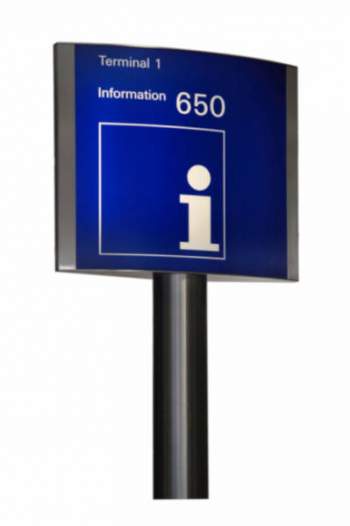
Understanding Parole

Popular In Prison
Juvenile Probation Vs Adult Probation Female Inmates Florida Department Of Corrections Offender Search Inmate Care Packages Death Row Security Levels In Prison Solitary Confinement Retribution Soledad State Prison Mississippi Department Of Corrections Missouri Department Of Corrections Deterrence
When a convicted criminal exhibits exemplary behavior throughout his/her prison sentence, he/she may be released on parole. When this occurs, he/she is able to complete the remainder of his/her prison sentence outside of the containment facility. The prisoner will return to society and remain under the supervision of a parole officer.
A parole officer will monitor the behavior of his/her charge, in order to ensure that the convict adheres to all of the terms of his/her parole. In order for an individual to obtain parole, he/she must appear before a parole board. the type of crime an individual has committed will determine when he/she is eligible for parole. For example, in most states, an individual who has committed a non-violent crime will be provided a parole hearing after he/she has completed one quarter of his/her sentence. Violent offenders must wait longer before being eligible for parole, and some convicts will not be considered eligible at all.
During a parole hearing, the parole board will consider a variety of factors about the prisoner being reviewed. For example, the board will take into account his/her offense, behavior in prison, social history, and prior criminal record. Most importantly, the board will seek to determine whether the inmate continues to pose a threat to others and the likelihood that he/she will commit another offense.
Only a small percentage of convicts who are eligible for parole are granted this supervised released. If a prisoner is released on parole, he/she must comply with all specified terms of his/her parole. If he/she violates these terms, he/she will be incarcerated again.
NEXT: Can Rehabilitation of Felons Work?





















